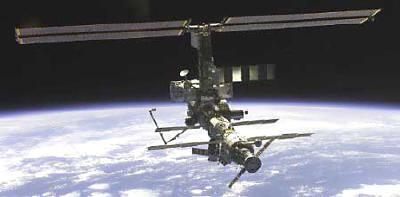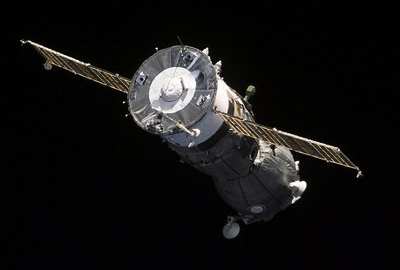Wed, Mar 31, 2004
Advertisement
More News
 ANN's Daily Aero-Linx (04.16.24)
ANN's Daily Aero-Linx (04.16.24)
Aero Linx: International Business Aviation Council Ltd IBAC promotes the growth of business aviation, benefiting all sectors of the industry and all regions of the world. As a non->[...]
 Aero-News: Quote of the Day (04.16.24)
Aero-News: Quote of the Day (04.16.24)
"During the annual inspection of the B-24 “Diamond Lil” this off-season, we made the determination that 'Lil' needs some new feathers. Due to weathering, the cloth-cove>[...]
 Airborne 04.10.24: SnF24!, A50 Heritage Reveal, HeliCycle!, Montaer MC-01
Airborne 04.10.24: SnF24!, A50 Heritage Reveal, HeliCycle!, Montaer MC-01
Also: Bushcat Woes, Hummingbird 300 SL 4-Seat Heli Kit, Carbon Cub UL The newest Junkers is a faithful recreation that mates a 7-cylinder Verner radial engine to the airframe offer>[...]
 Airborne 04.12.24: SnF24!, G100UL Is Here, Holy Micro, Plane Tags
Airborne 04.12.24: SnF24!, G100UL Is Here, Holy Micro, Plane Tags
Also: Seaplane Pilots Association, Rotax 916’s First Year, Gene Conrad After a decade and a half of struggling with the FAA and other aero-politics, G100UL is in production a>[...]
 Airborne-Flight Training 04.17.24: Feds Need Controllers, Spirit Delay, Redbird
Airborne-Flight Training 04.17.24: Feds Need Controllers, Spirit Delay, Redbird
Also: Martha King Scholarship, Montaer Grows, Textron Updates Pistons, FlySto The FAA is hiring thousands of air traffic controllers, but the window to apply will only be open for >[...]
blog comments powered by Disqus





